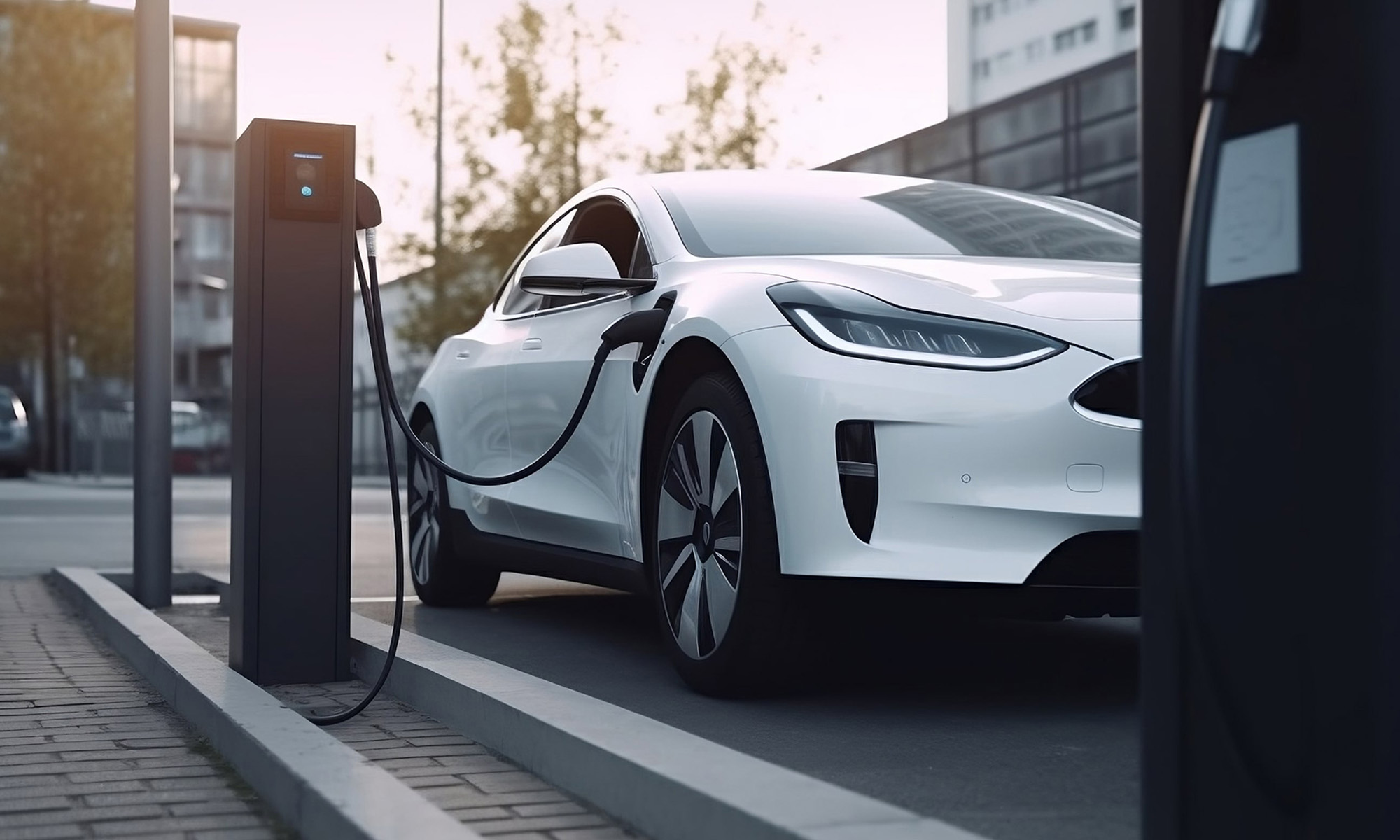News
Oman Plans To Have 22,000 EVs On Its Roads By 2030
The country also aims to distribute 350 chargers across busy arterial and public roads by 2026.

As Middle Eastern countries like the United Arab Emirates and Saudi Arabia invest huge sums of money into clean transport initiatives, Oman is also beginning efforts to decarbonize its roads. The ambitious plans by transport authorities hope to see an estimated 22,000 electric vehicles on the country’s roads by 2030.
According to the Minister of Transport, Communications, and Information Technology, Said Hamood al Maawali, the lofty goal will require expanding a network of 350 public chargers across the country by 2026.
“Technological advances have led to the development of dual-combustion vehicles, which have been implemented locally within the Sultanate of Oman. These breakthroughs have greatly contributed to reducing greenhouse gas emissions, estimated to have dropped by 40% from trucks and heavy equipment,” said Maawali in a recent newsletter.
Also Read: High-Speed Freight Link Hyperloop One To Shut Down
Oman’s larger sustainability and decarbonization goals aim to slash annual transport sector emissions (estimated at around 22 million tons) by 3% in 2030.
News
Mamo Completes $3.4M Funding Round To Enhance Fintech Services
The startup will use the influx of cash to expand into Saudi Arabia and across the wider GCC while improving its product offering.

UAE-based fintech Mamo has announced the completion of a $3.4 million funding round that will help the startup extend its market presence and improve its product offering. Investors included 4DX Ventures, the Dubai Future District Fund and Cyfr Capital.
Mamo’s platform offers “payment collection, corporate cards and expense management” to help small and medium-sized businesses consolidate and streamline their operations. With the latest influx of capital, Mamo will further develop its comprehensive suite of services and begin testing its product lines in Saudi Arabia, further extending its footprint across the GCC.
Imad Gharazeddine, co-founder and CEO of Mamo, stated: “We’ve been in the market for a while now and are incredibly proud of what our team has achieved. The holistic and expansive nature of our product offering has helped us continue to grow sustainably. This additional funding will allow us to reach our medium-term goals even faster. The support from new and existing investors is a testament to our strong expertise and the ability to deliver on our customer promise”.
Daniel Marlo, General Partner of lead investor 4DX Ventures, added: “We have immense trust in Imad’s vision, leadership and Mamo’s innovative approach to provide a user-friendly and comprehensive financial solution for SMEs that makes financial management more accessible and efficient. We are proud to partner with them and support their mission”.
Also Read: A Guide To Digital Payment Methods In The Middle East
Amer Fatayer, Managing Director of Dubai Future District Fund’s investment team, also commented: “Mamo’s localized product lines serve as an infrastructure for SME payments and spend management in UAE, a segment that is underserved by the country’s current banking infrastructure. The team has taken a product-first approach to consolidating SMEs’ financial journeys and building a fintech solution deeply embedded in a business’s core operations”.
To date, Mamo has raised around $13 million in investment funding and now boasts a team of 30 people. The company’s intuitive financial services platform has allowed over 1,000 businesses to consolidate their financial operations and significantly reduce payment fees.
-

 News4 weeks ago
News4 weeks agoAmazon Prime Day 2024: Get Ready For 6 Days Of Amazing Deals
-

 News4 weeks ago
News4 weeks agoSamsung Unpacked 2024: What To Expect From The July 10 Event
-

 News4 weeks ago
News4 weeks agoCoursera Report Shows Surge In UAE Interest In AI Upskilling
-

 News4 weeks ago
News4 weeks agoMeet Dubai’s Groundbreaking Smart Robot Delivery Assistant















